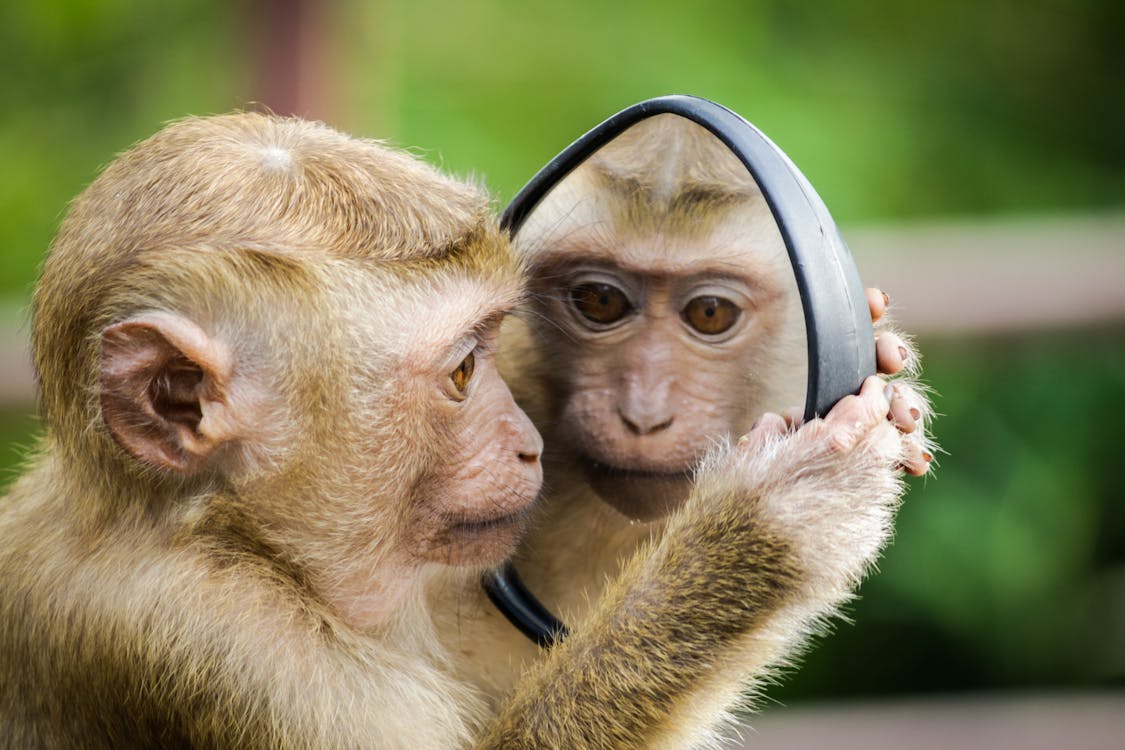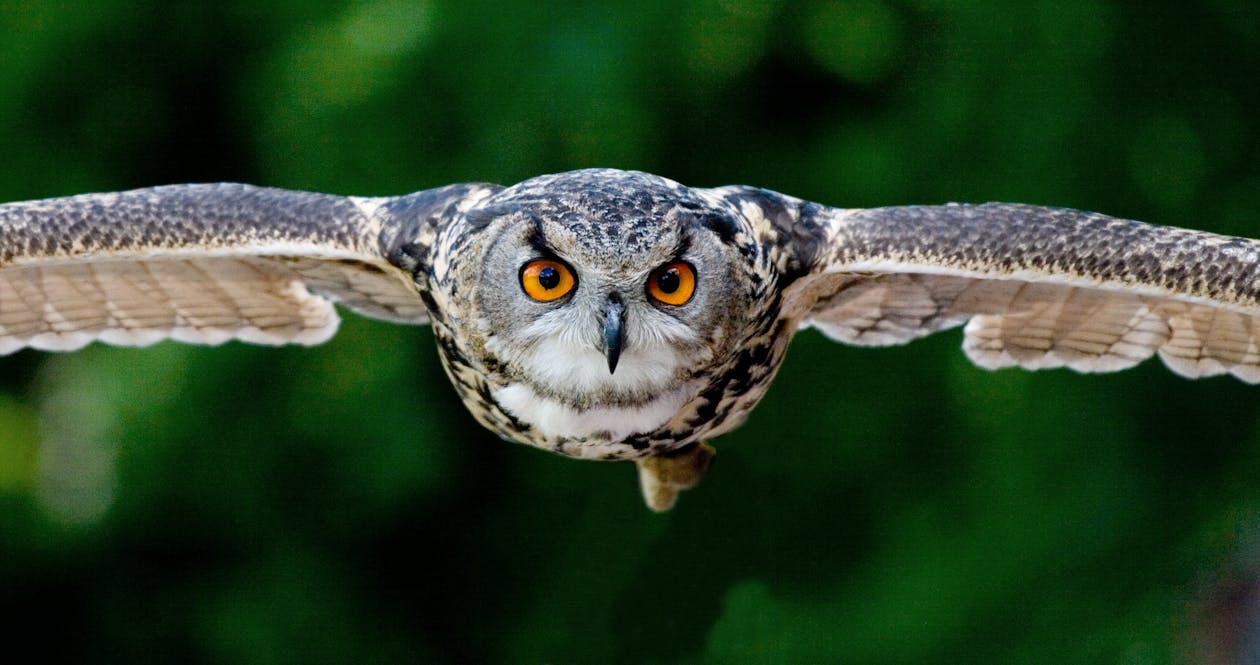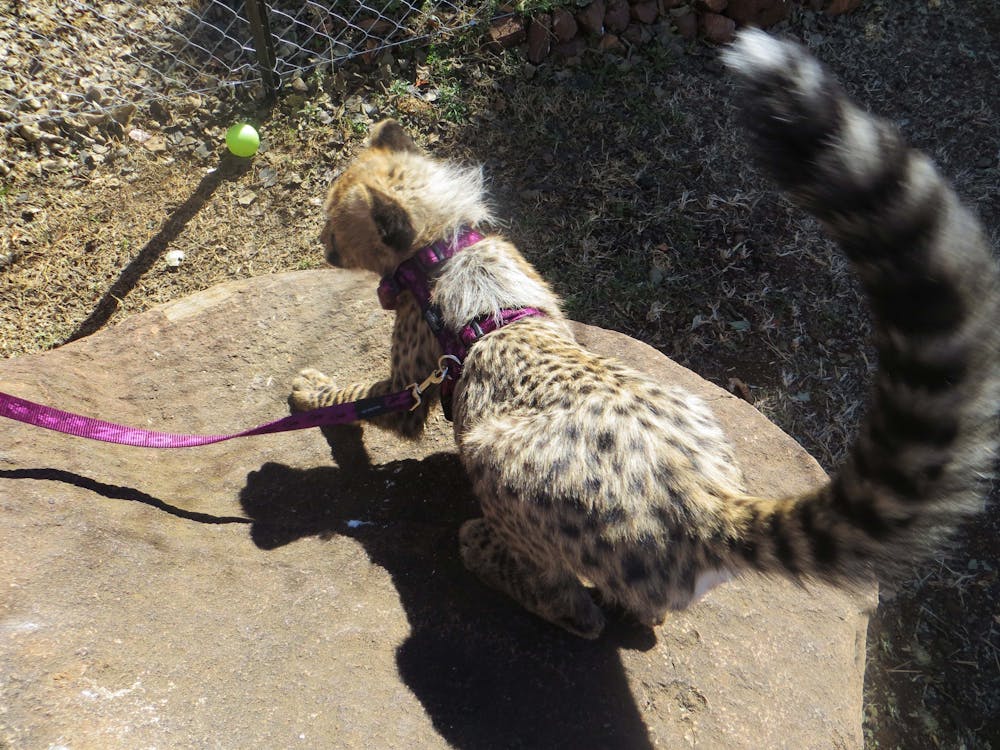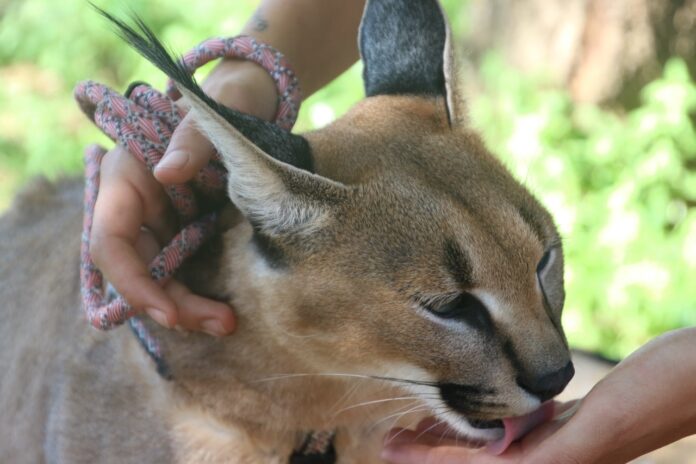People often have an understandable desire to bring an animal into their homes and keep it as a pet, particularly exotic animals that many people would never have the opportunity to see otherwise. However, wild animals that are taken out of their natural habitats tend to suffer greatly, and there are many reasons why it’s cruel to keep wild animals as pets. Here are nine reasons why it’s cruel to keep wild animals as pets.
1) Primates are sensitive

Primates are extremely sensitive, intelligent animals who express many emotions through their faces and body language. They rely on each other for social support, affection, and protection. So when they’re taken from their natural habitats and forced into captivity with no one else of their kind to interact with or care for them, they can experience loneliness and depression. In fact, zoos have failed at virtually every attempt to breed primates in captivity.
2) They’re not just cute
In a number of cases, wild animals are all too willing to accept humans into their lives, because they crave attention and food from humans. If you’re not prepared for that kind of commitment—or if you don’t really have time for an animal companion who will never fully be tamed—it can be cruel to keep wild animals as pets.
3) Dogs and cats have evolved to be companions

Sure, some animals may look cute when they’re cuddling with you on a couch or chasing a ball. But wild animals have not evolved to live in human homes. Dogs and cats have evolved alongside humans for tens of thousands of years—which means they are adapted to living with us. They can thrive in our homes because we’ve taken great care to select specific traits that enable them to adapt.
4) Every animal needs proper care
When you adopt a dog or cat from a shelter, there’s no question about how much care is required. But with wild animals, most people have little idea what kind of commitment they’re in for. While big cats like lions and tigers are illegal in many states, it’s still possible to legally own other dangerous animals like bears and wolves—and there are plenty of people willing to take that risk.
5) Wild animals can carry diseases

By purchasing a wild animal as a pet, you are taking on all of their needs (which is impossible) and exposing yourself and your family to any diseases they may carry. Some wild animals carry viruses like rabies or salmonella. You can’t keep them inside: Even if you could afford it, many kinds of wild animals require special permits to be kept in captivity—not only because it is illegal, but also because there’s no way that animal could survive in a domestic home environment.
6) It affects their quality of life
While some wild animals can make great pets, they don’t belong in human homes. Many species just aren’t equipped to live in domestic environments and are deprived of their natural instincts and social circles—they’re essentially prisoners for life. Even when well cared for, captive animals can experience significant stress that causes health problems and shortens their lives.
7) Zoos provide more than enough interaction with animals

Is there anything inherently wrong with zoos? Zoos are meant to be conservation institutions, not petting zoos. If you want a closer look at animals, there’s nothing stopping you from visiting a zoo or watching nature documentaries. But when it comes down to it, humans have no right – and no reason – to keep wild animals in our homes.
8) For some people, pet ownership isn’t worth the time or money
We may not want a pet, or we may know that we won’t be able to care for one properly. However, while it’s important to consider whether you can afford a pet, before passing up on an animal because of money or time constraints you should also consider whether or not you have enough resources and commitment to make owning a pet an enjoyable experience for both of you.
9) There are plenty of other ways to support conservation efforts.

There are many ways to support conservation efforts without keeping wild animals in captivity. In fact, it is often more beneficial for animals and their habitats if they’re left in nature instead of being kept in unnatural conditions. While some zoos do allow you a glimpse into animals’ natural behaviors, it’s also important to remember that no amount of money can replicate what these animals experience when living naturally.













